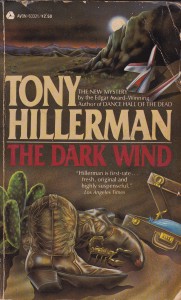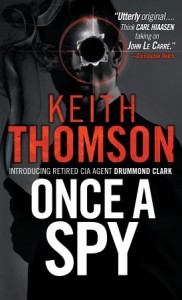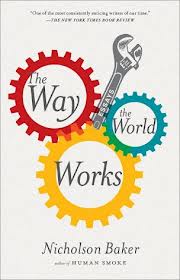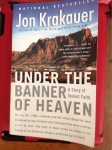#FridayReads, Sept. 14–“Rust Belt Chic” & “The Scarlet Ruse”
 My belated #FridayReads is for the new book, Rust Belt Chic: A Cleveland Anthology, edited by Richey Piiparinen and Anne Trubek, to which I’ve contributed “Remembering Mr. Stress, Live at the Euclid Tavern,” an essay on the bluesman I followed devotedly for the many years I lived in Cleveland. I just got my own copy of the book yesterday and have begun reading my way through the more than 50 other entries in it, with pieces on legendary rock n’ roll scribe Jane Scott, poet hart Crane, graphic novelist Harvey Pekar, urban decay and renewal, and many other topics. It’s a thrill to be in this book with so many other terrific writers.
My belated #FridayReads is for the new book, Rust Belt Chic: A Cleveland Anthology, edited by Richey Piiparinen and Anne Trubek, to which I’ve contributed “Remembering Mr. Stress, Live at the Euclid Tavern,” an essay on the bluesman I followed devotedly for the many years I lived in Cleveland. I just got my own copy of the book yesterday and have begun reading my way through the more than 50 other entries in it, with pieces on legendary rock n’ roll scribe Jane Scott, poet hart Crane, graphic novelist Harvey Pekar, urban decay and renewal, and many other topics. It’s a thrill to be in this book with so many other terrific writers.

Before Rust Belt Chic‘s arrival in the mail yesterday I was reading one of John D. MacDoanld’s gripping Travis McGee novel’s The Scarlet Ruse, which I’m continuing to enjoy this weekend. If you too enjoy MacDonald’s work, please note I’ve blogged about his novels a number of times, and I learned this week there’s a Facebook group page in his honor, which I invite you to check out and consider joining. It’s always fun to have such great nonfiction and fiction on the boil.













